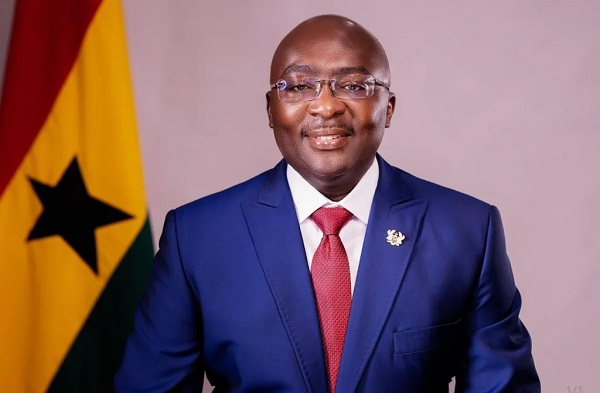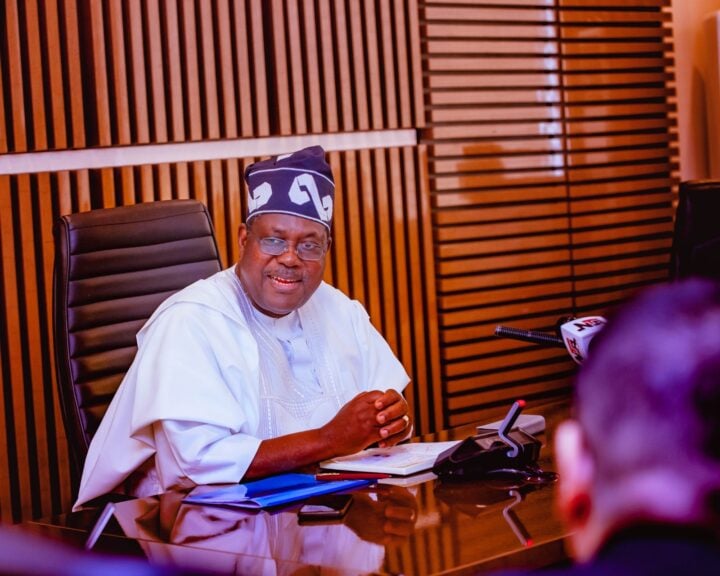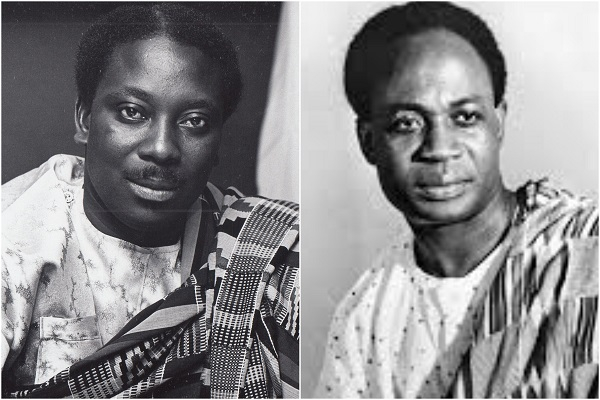Business Mogul Aminu Dantata Dies at 94, Tributes Pour In

Alhaji Aminu Alhassan Dantata, a prominent Nigerian elder statesman, renowned business mogul, and philanthropist, passed away at the age of 94 in Abu Dhabi, United Arab Emirates, prompting widespread tributes from across the nation. His death, announced by his private secretary, Malam Mustapha Abdullahi-Junaid, marked the end of an era for many who knew him or benefited from his immense legacy. Despite his final wish to be buried in Medina, Saudi Arabia, bureaucratic hurdles from Saudi authorities, particularly due to weekend closures, initially delayed the burial arrangements. Funeral prayers in absentia (Salatul Ga’ib) were held in Kano, attended by thousands, including high-profile personalities.
Born on May 19, 1931, Aminu Dantata was the 15th of 17 children of Alhaji Alhassan Dantata, famously known as Alhassan Dogo. His father, a pioneering merchant from the Agalawa clan, founded the Dantata business dynasty and was renowned as the richest businessman in Kano by the 1920s and later in West Africa. Alhassan Dantata's innovative business practices, including being the first customer of the Bank of British West Africa in Kano in 1929 and incorporating Alhassan Dantata & Sons as arguably the first indigenous company in Northern Nigeria, laid a formidable foundation. Despite his vast wealth, Alhassan Dantata was known for his humility and simple lifestyle, qualities he instilled in his children. Aminu received both Islamic and Western education, attending Dala Primary School from 1938 to 1945 and completing his studies through home learning at a private school established by his father in 1949.
Aminu Dantata joined the family business, Alhassan Dantata & Sons, in 1948 as a produce buyer. He quickly rose through the ranks, becoming the Sokoto district manager in 1955, the same year his father passed away. After serving as deputy managing director from 1958, he took over as the head of the company in 1960 following the death of his elder brother, Ahmadu Dantata. Under his leadership, the Dantata business empire diversified and expanded significantly into various sectors, including construction (building parts of the Nigeria College of Aviation Technology, NCAT, Zaria), petroleum (founding Express Petroleum & Gas Company Ltd.), banking (playing a key role in establishing Jaiz Bank, Nigeria's first non-interest bank), manufacturing, agriculture, and oil and gas. He was a pioneer board member of the Nigerian Industrial Development Bank (NIDB) in 1964 and acquired substantial holdings in companies like Mentholatum, SCOA, Funtua Cotton Seed Crushing Company, and Raleigh Industries during Nigeria's indigenization policy of the 1970s. His vast business acumen led him to own lands globally and acquire a private aircraft as early as 1966. He was also a significant mentor to many, including his nephew, Africa's richest man, Aliko Dangote.
Although primarily a businessman, Aminu Dantata had a brief but impactful foray into politics. He served as a member of the House of Representatives in 1961, initially aligning with the Northern Elements Progressive Union (NEPU) before joining the Northern People's Congress (NPC). From 1968 to 1973, he served as the Kano State Commissioner for Economic Development, Trade, and Industry under Governor Audu Bako, a period where he was noted for his honest work and willingness to challenge the governor on policy matters. Despite later invitations to run for higher political offices, including president and governor, he largely resisted, preferring to contribute to society through business and philanthropy, though he consistently supported mainstream political parties at both state and federal levels.
Alhaji Aminu Dantata was widely celebrated for his quiet philanthropy and deep commitment to humanitarian causes. He generously supported religious organizations, educational institutions like Ahmadu Bello University and Bayero University, and healthcare facilities, often anonymously. He served as the inaugural chairman of the Kano State Foundation in the 1980s or early 1990s, where he was the highest donor. His generosity knew no bounds, cutting across family, friends, religion, and ethnicity. Despite his immense wealth, he was known for his humility, integrity, and a strong dislike for publicity, preferring to operate discreetly, following the example of his father and elder brother who also avoided public interviews. He was a sportsman in his youth, playing football and later polo, owning both racing and polo horses.
In his later years, particularly around the age of 91, Dantata expressed a profound weariness with life, stating he no longer enjoyed it and was merely awaiting his time to depart in good faith. He had outlived most of his age mates and friends, a fact that weighed on him. Despite his advanced age, his memory remained sharp, recalling events from the 1950s with ease. He had traveled extensively worldwide from a young age, visiting countries across continents. He expressed deep concern over the state of Nigeria's economy, lamenting issues like the rising cost of living, currency depreciation, and oil subsidy. He was also deeply troubled by the erosion of moral values, honesty, and respect for elders in society, advocating for a holistic approach involving combined Islamic and Western education to address the decadence. He lamented the collapse of industries in Northern Nigeria due to what he perceived as nonchalance from business owners. Towards the end of his life, he still harbored plans to revive businesses, such as reopening Fine Text Textile Company in Kaduna and investing in large-scale farming in Kura to boost rice and maize production. His philosophy centered on giving, believing that the more one gives for Allah's sake, the more one receives, a principle he applied consistently throughout his extraordinary life.









